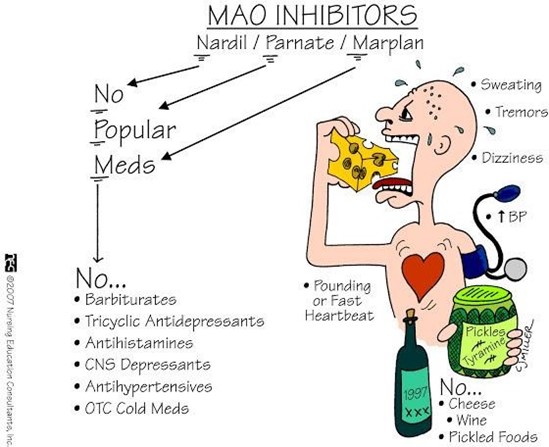A nurse is caring for a client who is cyanotic and has a respiratory rate of 8/min with shallow respirations. Which of the following is the priority action by the nurse?
Establish a patent airway for the client
Administer oxygen to the client
Place a pulse oximeter on the client's finger
Check the client's pulse rate
The Correct Answer is A
A respiratory rate of 8 breaths per minute with shallow respirations and cyanosis indicates significant respiratory distress and inadequate oxygenation. The client's airway needs to be assessed and cleared to ensure a proper flow of air into the lungs. This can involve positioning the client appropriately, providing manual or mechanical assistance with ventilation, or using other airway management techniques as necessary.
While administering oxygen to the client and placing a pulse oximeter on the client's finger are important interventions to improve oxygenation and monitor oxygen saturation, they should not delay the immediate priority of establishing a patent airway.
Checking the client's pulse rate is also important and should be done in a timely manner, but it should not take precedence over ensuring a clear and open airway for the client.
Nursing Test Bank
Naxlex Comprehensive Predictor Exams
Related Questions
Correct Answer is B
Explanation
Explanation
B.Hypertension
Tranylcypromine is a monoamine oxidase inhibitor (MAOI) used to treat depression. One of the potential adverse effects of MAOIs is hypertensive crisis, which can be triggered by the consumption of foods high in tyramine. Tyramine-rich foods, such as aged cheeses, cured meats, certain wines, and fermented products, can cause the release of norepinephrine, leading to a sudden increase in blood pressure.
Monitoring the client for hypertension is crucial because a hypertensive crisis can be life-threatening. Signs and symptoms of hypertensive crisis may include severe headache, chest pain, palpitations, blurred vision, anxiety, and shortness of breath. If these symptoms occur, immediate medical intervention is required.
The other options are not specifically associated with the adverse effects of tranylcypromine:
Hyperglycemia in (option A) is not typically associated with tranylcypromine. However, it is important to monitor blood glucose levels in clients with pre-existing diabetes, as tranylcypromine can affect blood sugar control.
Hematuria (blood in the urine) in (option C) is not a common adverse effect of tranylcypromine.
Tinnitus (ringing in the ears) in (option D) is not a commonly reported adverse effect of tranylcypromine.

Correct Answer is B
Explanation
Before any invasive procedure, it is essential to ensure that the client has given informed consent. Informed consent involves providing the client with detailed information about the procedure, its risks and benefits, and alternatives. The client should have the opportunity to ask questions and fully understand the procedure before giving consent.
Oral contrast solutions are typically used for imaging procedures such as CT scans or X-rays, not for esophagogastroduodenoscopy. This procedure involves the insertion of a flexible tube with a camera into the esophagus, stomach, and duodenum to visualize the upper gastrointestinal tract.
While it is important to provide the client with information about the duration of the procedure, stating a specific time frame may not be accurate or helpful. The duration of an esophagogastroduodenoscopy can vary depending on factors such as the complexity of the procedure and the client's individual circumstances.
Having a full bladder is not necessary for an esophagogastroduodenoscopy procedure. This requirement may be relevant for other procedures, such as pelvic ultrasound, but it is not applicable in this case.

Whether you are a student looking to ace your exams or a practicing nurse seeking to enhance your expertise , our nursing education contents will empower you with the confidence and competence to make a difference in the lives of patients and become a respected leader in the healthcare field.
Visit Naxlex, invest in your future and unlock endless possibilities with our unparalleled nursing education contents today
Report Wrong Answer on the Current Question
Do you disagree with the answer? If yes, what is your expected answer? Explain.
Kindly be descriptive with the issue you are facing.
